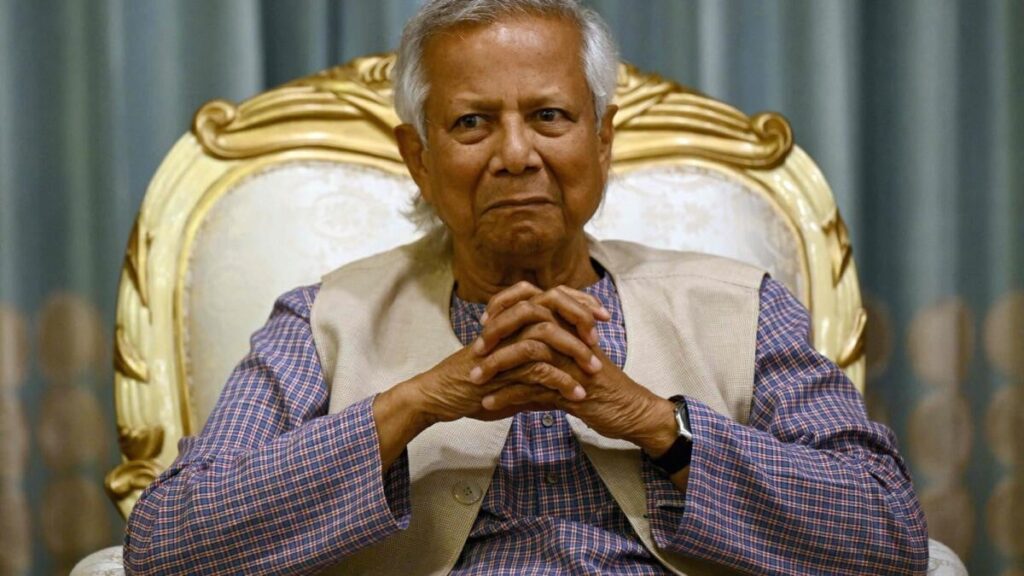Bangladesh hosts around one million Rohingya refugees, most of whom fled neighboring Myanmar in 2017 following a military crackdown

DHAKA: In his first major policy address, Nobel laureate and newly appointed leader Muhammad Yunus affirmed Bangladesh’s commitment to supporting its substantial Rohingya refugee population while also safeguarding its crucial garment trade.
Yunus, 84, returned from Europe earlier this month following a student-led revolution and now faces the formidable task of leading democratic reforms in a nation plagued by institutional decay. His predecessor, Sheikh Hasina, 76, abruptly fled the country days earlier, escaping by helicopter after 15 years of authoritarian rule. Speaking to diplomats and UN representatives, Yunus outlined his administration’s priorities, emphasizing continuity on two of the most significant challenges it faces.
“Our government will continue to support the million-plus Rohingya people sheltered in Bangladesh,” Yunus declared. “We need sustained international efforts for Rohingya humanitarian operations and their eventual repatriation to their homeland, Myanmar, with safety, dignity, and full rights.” Bangladesh hosts around one million Rohingya refugees, most of whom fled neighboring Myanmar in 2017 following a military crackdown, which is now under investigation by a United Nations court for genocide.
The recent unrest and widespread protests that led to Hasina’s ouster also disrupted the country’s vital textile industry, causing suppliers to shift orders elsewhere. “We won’t tolerate any attempt to disrupt the global clothing supply chain, in which we are a key player,” Yunus stated. Bangladesh’s 3,500 garment factories account for approximately 85 percent of its $55 billion in annual exports.
Yunus, who won the Nobel Peace Prize in 2006 for his pioneering work in microfinance, credited with lifting millions of Bangladeshis out of poverty, has assumed the role of “chief adviser” to a caretaker administration composed mostly of civilians, along with two retired generals. He has expressed a desire to hold elections “within a few months.”
Before her removal, Hasina’s government was accused of widespread human rights abuses, including mass detentions and extrajudicial killings of political opponents. Hasina fled to neighboring India, her government’s main political ally, on August 5 as protesters flooded the capital, Dhaka, forcing her from office.
#YunusPolicyAddress, #BangladeshLeadership, #RohingyaRefugees, #GarmentIndustry, #DemocraticReforms, #TextileSupplyChain, #NobelLaureate, #HumanRights, #BangladeshCrisis, #HasinaOuster, #GlobalClothingTrade, #MyanmarGenocide, #UNInvestigations,



